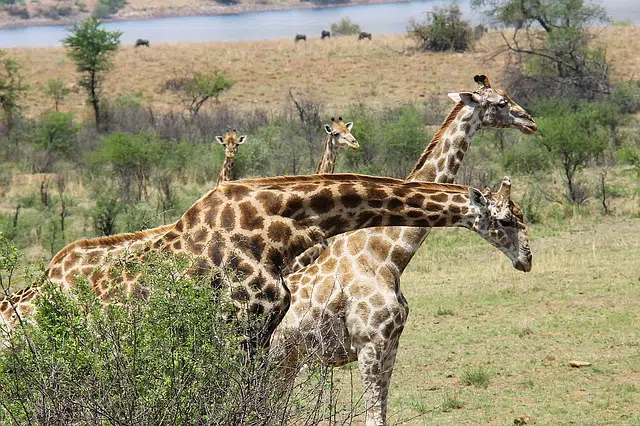
Africa is the third largest continent.
Africa is the name of the continent located between the Indian and Atlantic oceans. With an area of just over 30,000,000 square kilometers, it is located behind Asia and America in terms of territorial extension.
In Africa , currently, 54 countries are recognized (that is, States with sovereignty). In addition, there are territories that are in conflict such as Somaliland and Western Sahara .
Geographical features of Africa
The Isthmus of Suez makes possible the union of Africa and Asia , while the Red Sea establishes the separation between African territory and the Arabian Peninsula . The Mediterranean Sea , meanwhile, distances this continent from Europe . It is important to note that Africa develops on a single lithospheric plate.
The African continent shows a regular orography. It is crossed by a limited number of rivers , but of great extension, and has an average elevation of a significant altitude.
Deserts, savannahs, massifs, plateaus and large lakes are part of its ecosystem . As for the climate, the range is wide: depending on the area, it can be desert, semi-arid, humid tropical or equatorial, for example.

In Africa there are several nature reserves.
The population
It is common for Africa to be called the cradle of humanity. This is because the continent hosted the emergence and development of the various hominid species that preceded the appearance of humans .
According to researchers, Homo sapiens originated in Africa about 300,000 years ago. Over time , our species expanded to the rest of planet Earth .
Currently, approximately 15% of the world's population lives in Africa : there are already more than 1,300,000 inhabitants. The most populated country is Nigeria , while the city with the largest number of inhabitants is Cairo ( Egypt ).
Africa's economy and society
Almost half of Africa 's nations are at the bottom of the human development rankings. At a general level, it can be said that it is a very poor continent economically, although it has a vast amount of natural resources.
Experts attribute Africa 's poverty to multiple issues. In this framework, its conflictive historical development stands out, with the colonization of its lands and the implementation of slavery by European powers. From the decolonization process, independent countries emerged that, however, showed many problems in achieving political stability and promoting the development of their citizens.
At this point, institutional weakness cannot be ignored as an obstacle to progress. The poor functioning of the Judiciary, to mention one factor, favors high rates of corruption .
In this way, Africa fails to take advantage of its resources for the well-being of the population. Despite having oil and natural gas reserves; deposits of gold, diamond, copper and other minerals; and crops of cocoa, tobacco and coffee, among others, the profits are not directed towards the advancement of the community, which even receives foreign aid to survive.
The inequality that occurs on the continent must also be highlighted. While cities like Johannesburg and Cape Town in South Africa or Cairo in Egypt have very high human development, others like Addis Ababa in Ethiopia or Luanda in Angola are at the other extreme .
